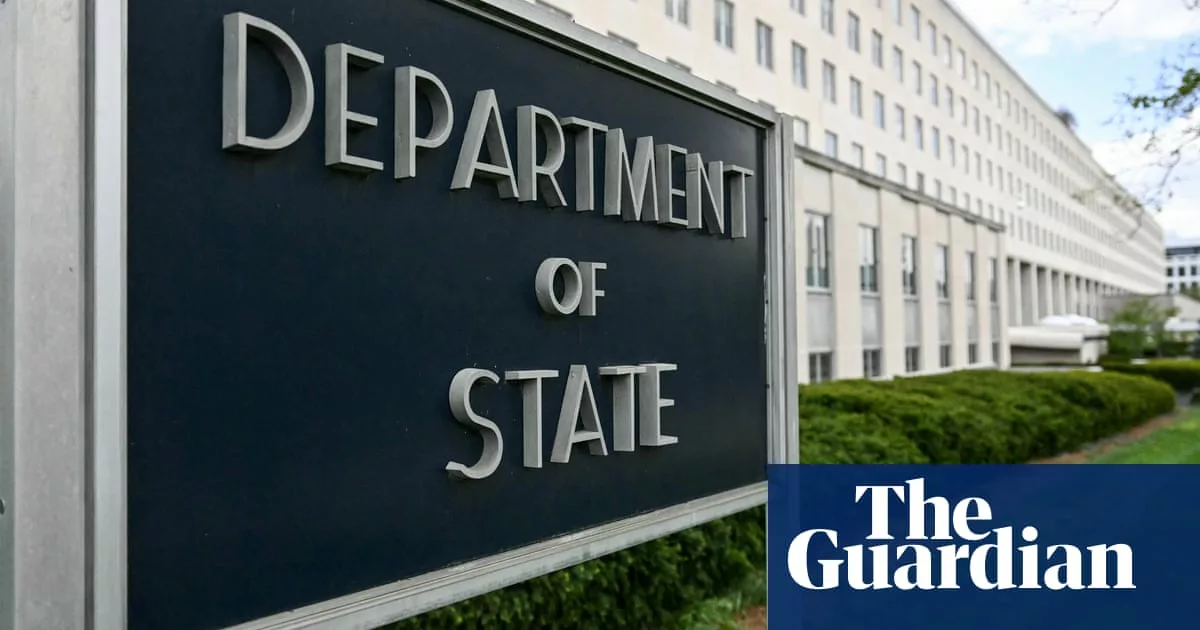In a dramatic turn of events, all 12 members of the Fulbright program’s board have resigned in protest against what they describe as unprecedented political interference by the Trump administration. This resignation comes in light of the administration’s actions that have reportedly blocked scholarships for nearly 200 American academics, raising significant concerns about the integrity of the program.
According to a memo obtained by the New York Times, the board accused the State Department of acting illegally by canceling awards that had already been approved for professors and researchers planning to travel abroad this summer. These cancellations followed a year-long selection process that concluded over the winter, leaving many scholars in limbo. Additionally, the administration is reviewing applications from approximately 1,200 foreign scholars who had been approved to study in the U.S., further jeopardizing academic exchanges that were set to commence with acceptance letters issued in April.
In their resignation letter, the board members expressed their belief that these actions not only contradict the statutory framework of the Fulbright program but also undermine its core values, including free speech and academic freedom. “We believe these actions not only contradict the statute but are antithetical to the Fulbright mission and the values, including free speech and academic freedom, that Congress specified in the statute,” they stated.
This mass resignation marks a significant escalation in the ongoing tensions between the Trump administration and academic institutions. The White House has been systematically targeting higher education, with 45 universities currently under investigation as part of Trump’s anti-diversity, equity, and inclusion (DEI) crackdown. This includes a mix of state schools and Ivy League institutions.
Moreover, the administration has frozen federal funding for major universities, with over $1 billion in funding halted for Cornell University, nearly $800 million for Northwestern University, and $8.7 billion in federal grants and contracts under review for Harvard University. The scrutiny of Harvard has intensified, as Secretary of State Marco Rubio considers whether the university should be investigated for allegedly violating federal sanctions by collaborating with Chinese officials who are blacklisted by the U.S. government.
Sources who spoke anonymously to the New York Times reported that the State Department’s public diplomacy office has begun sending rejection letters to scholars based primarily on the themes of their research. Areas of study that have reportedly been targeted include climate change, migration, gender studies, race and ethnicity, and various scientific disciplines. This raises alarming questions about the potential chilling effects on academic research and discourse.
The public diplomacy office, which oversees these decisions, is led by Darren Beattie, a political appointee who was previously dismissed from the first Trump administration after participating in a conference attended by white nationalists. This background has only amplified concerns about the motivations behind the recent actions taken against the Fulbright program and other academic institutions.
Additionally, the board expressed apprehension regarding proposed budget cuts that would drastically reduce funding for educational and cultural affairs from $691 million to a mere $50 million. Such cuts could have far-reaching implications for the Fulbright program and its ability to foster international educational exchange.
In their resignation letter, the board concluded, “Injecting politics and ideological mandates into the Fulbright program violates the letter and spirit of the law that Congress so wisely established nearly eight decades ago.” Their departure not only underscores the growing divide between the Trump administration and the academic community but also raises critical questions about the future of the Fulbright program and its mission to promote mutual understanding and collaboration among nations.
As the situation unfolds, the implications for U.S. academic institutions and international collaborations remain significant. The resignation of the Fulbright board serves as a stark reminder of the ongoing challenges facing higher education in the current political climate, where the intersection of politics and academia is increasingly contentious. The fallout from these developments will likely reverberate throughout the academic community and beyond, prompting discussions about the role of government in shaping educational policies and the importance of preserving academic freedom.
